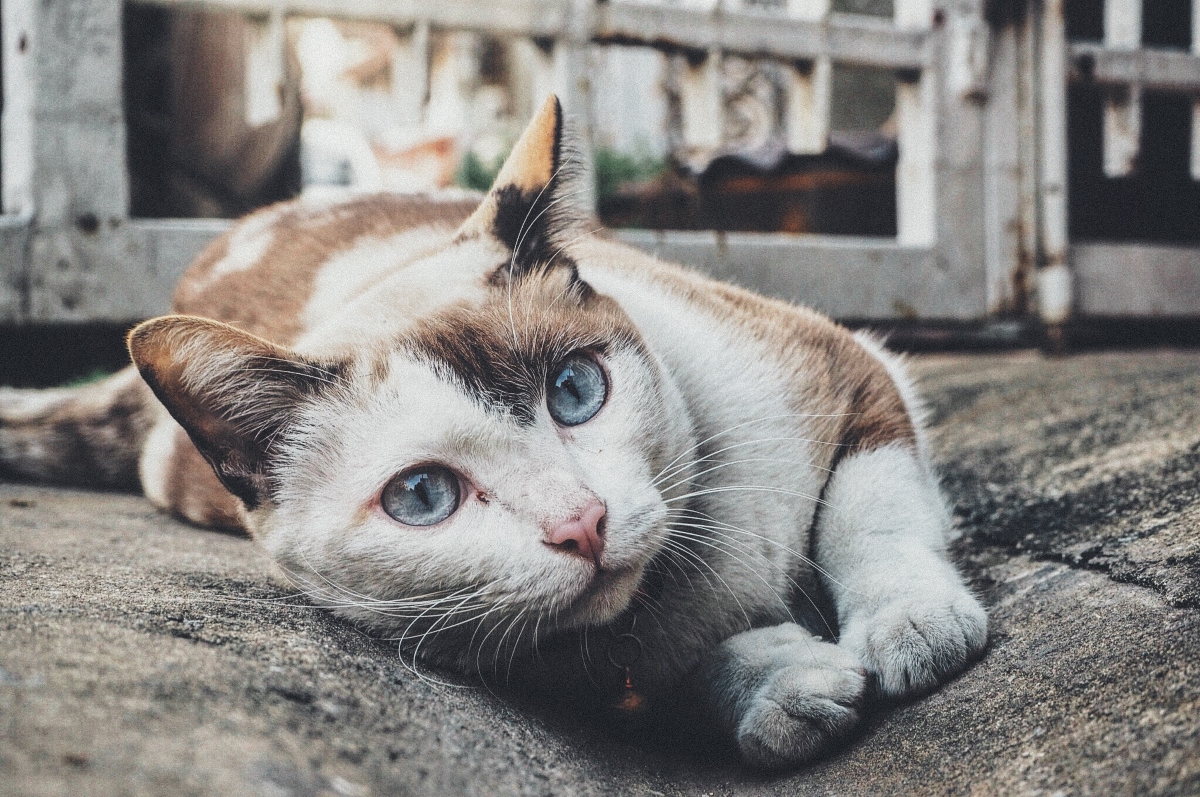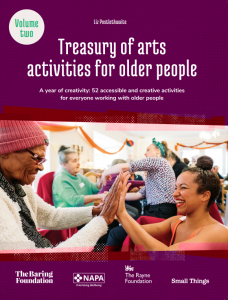No products in the basket.

How Therapy Cats Can Bring Countless Joys to Older Adults.
St Augustine Health Ministries, a nursing home in Cleveland, Ohio, has a very unusual 4-legged occupant, Oreo the cat. Previously a stray cat, Oreo has become a beloved member of the St Augustine family. Her main job is to keep everyone happy. The residents love having her around and enjoy taking photos of her, something which stimulates their creativity, while employees can’t help but smile when they see the black and white feline doing her rounds at the home.
Many of the residents had to leave their beloved pets behind when they moved into the home, one of the challenges facing elderly people who choose to make the transition into a care facility. Oreo the nursing home cat lends a personal touch to the environment, making residents feel more at home. Here are some of the many ways in which having a cat around can improve the quality of life of nursing home residents.
Mood improvement
Elderly people often become lonely and depressed and cats are ideal to help them overcome this loneliness by offering independent companionship, affection, entertainment and a sense of responsibility. It’s a known fact that cats can lighten any mood and lend purpose to the lives of anyone who comes into contact with them.
Improved health
Cats generally require fairly little human care but the care they do require results in much-needed exercise among older people. Even those suffering from arthritis or with other physical limitations can care for cats without too much effort. Caring for a cat may call for new activities and routines that are important for both mental and physical stimulation. Caring for an animal is very rewarding and can be of great benefit to the overall health of the older generation, to the extent where it can help them live longer.
Why cats and not dogs?
- Dogs also make for great pets but they require a lot more general care, training and exercise than cats do, things that elderly people are simply not always up to. Cats are definitely a more suitable pet option for a nursing home environment for the following reasons:
- Cats are generally more than happy to remain indoors for most part, unlike dogs.
- Cats require approximately 20 minutes of playtime a day which does not necessitate the owner being mobile. Cats are more than capable of entertaining themselves with the help of kitty-friendly toys such as a ball of yarn or a wind-up mouse.
- Cats enjoy sleeping on a human’s lap or bed and don’t require a special bed like most dogs prefer.
Pet ownership brings a great deal of joy to the elderly and should be encouraged when viable. The benefits, both emotional and physical, speak for themselves and in terms of companionship now one will be more loving and loyal than a much-cherished pet.
Many thanks to Lucy Wyndham for sharing this story.







